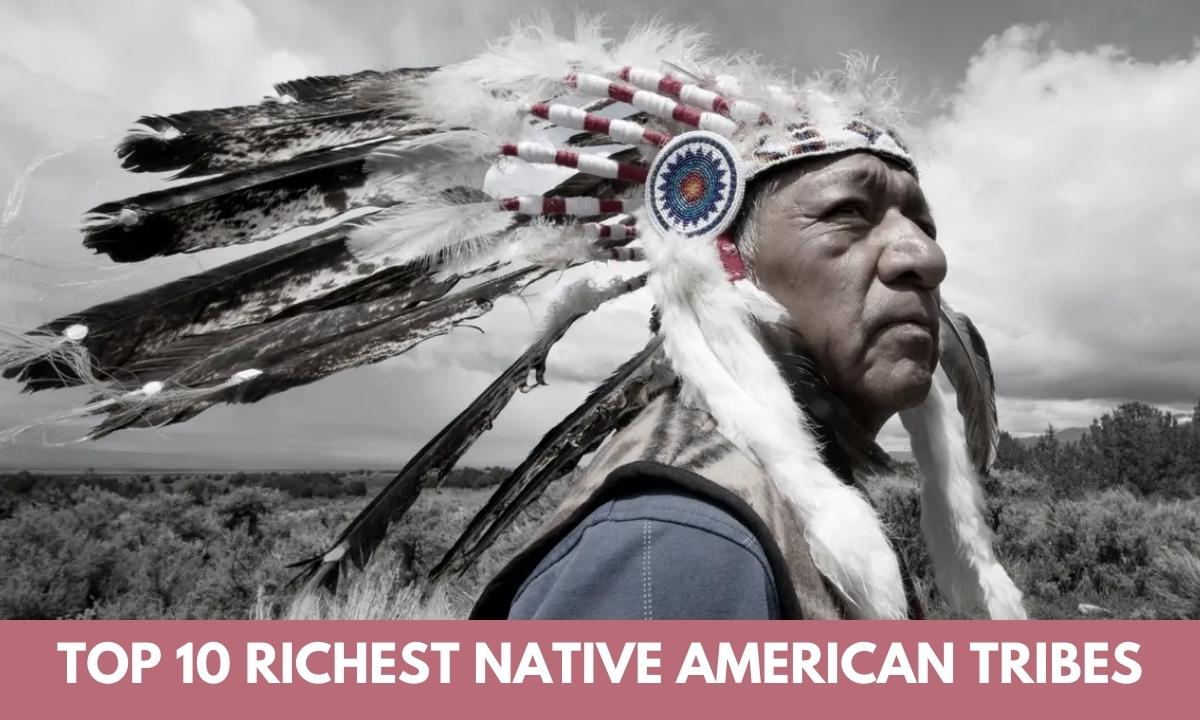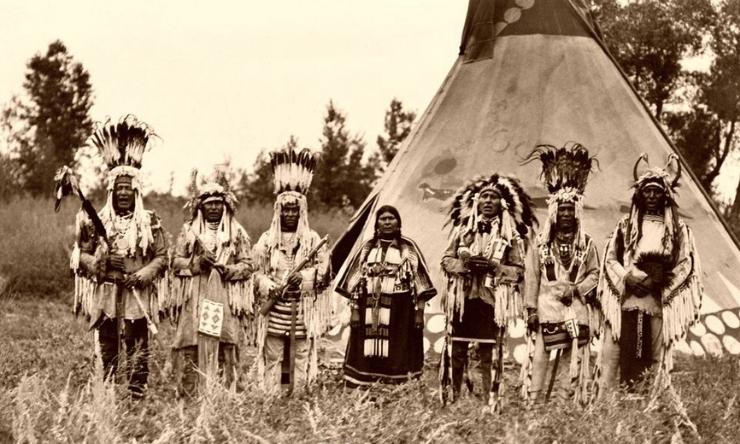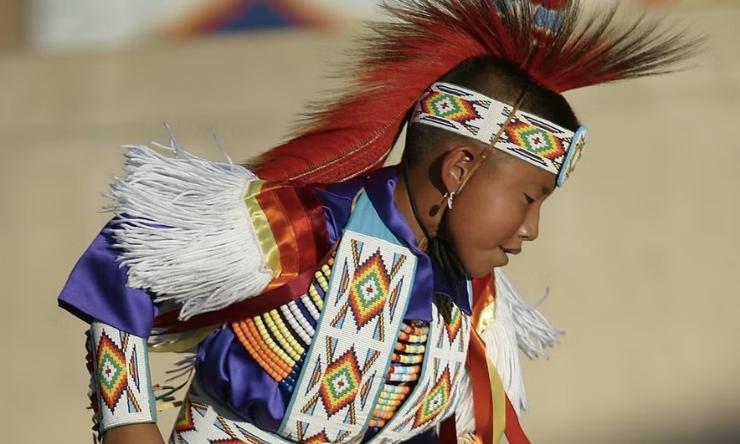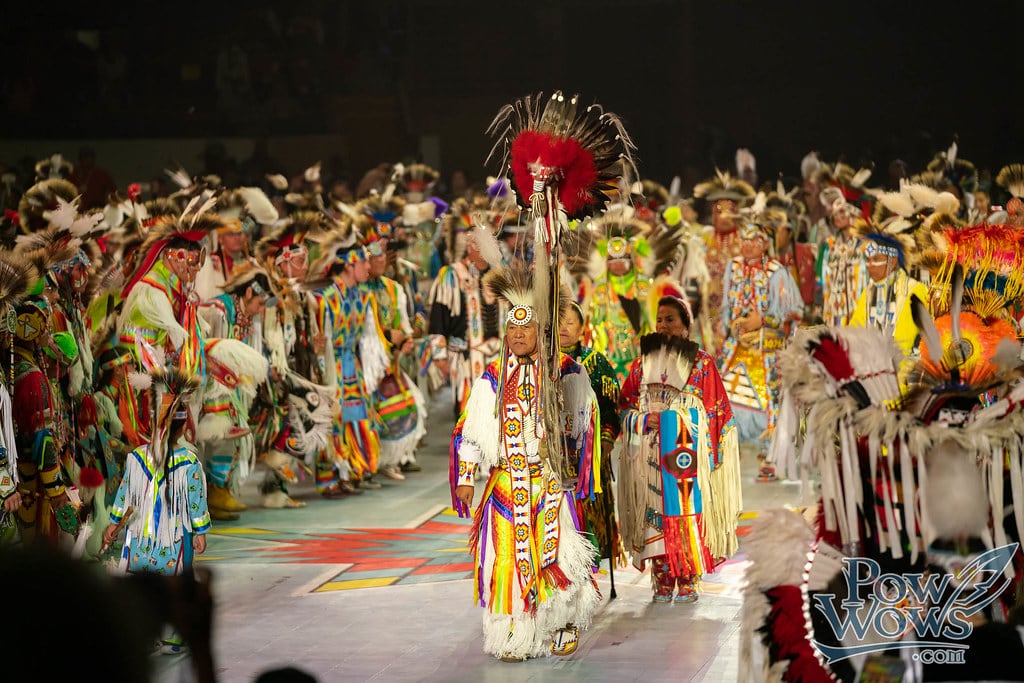Unmasking the Wealth: Who is the Richest Native American Tribe?
Unmasking the Wealth: Who is the Richest Native American Tribe?

The history of Native Americans in the United States is one of resilience, cultural richness, and a long struggle for recognition and justice. In recent decades, a significant aspect of this narrative has been the rise of economic prosperity for some tribes. This success, often built on the foundations of ancestral lands, gaming, and resource management, has led to the question: Which tribe is the richest in the US?
This question, while intriguing, is often met with complexities. Determining the "richest" tribe is a nuanced discussion, as wealth can be measured in various ways, from financial assets and per capita income to land ownership and cultural preservation. However, exploring this topic allows us to understand the diverse economic realities of Native American tribes and the factors that contribute to their success.
Related Articles: Unmasking the Wealth: Who is the Richest Native American Tribe?
- Unveiling The Wealth Of Indigenous Cultures: Top 10 Richest Tribes In The World
- The Richest Tribes In America: A Look At Wealth And Sovereignty
- The Rise Of Sikh Wealth In America: Exploring The Success Stories Of The Richest Sikh Americans
- Beyond Casinos: Exploring The Wealth Of America’s Indigenous Tribes
- The Mystery Of Blue Eyes In India: Unraveling The Genetics And History
The Complexities of Defining "Richest"
Before diving into specific tribes, it’s crucial to acknowledge the complexities surrounding the term "richest." The following factors make it challenging to definitively declare one tribe as the wealthiest:
- Data Accessibility: Information about tribal finances is often confidential or limited in public access, making it difficult to compare wealth across all tribes.
- Wealth Distribution: Within tribes, wealth distribution can be uneven, with some members benefiting more than others. This makes it difficult to assess the overall economic well-being of a tribe based on aggregate figures.
- Beyond Financial Wealth: Many tribes prioritize cultural preservation, community well-being, and environmental stewardship over pure financial accumulation. These values are essential to their identity and cannot be easily quantified.
Understanding the Sources of Tribal Wealth

While pinpointing the "richest" tribe is difficult, understanding the sources of tribal wealth is crucial to appreciate the economic diversity within Native American communities. Here are some key factors:
- Casino Gaming: Since the Indian Gaming Regulatory Act of 1988, many tribes have established casinos on their lands. This industry has become a significant source of revenue for some tribes, generating significant economic activity and creating employment opportunities.
- Resource Management: Many tribes own vast tracts of land rich in natural resources, such as oil, gas, timber, and minerals. The revenue generated from these resources can contribute significantly to tribal wealth.
- Federal Trust Funds: Some tribes have historical trust funds established by the federal government. These funds, often derived from land settlements or treaties, provide a steady stream of income for tribal programs and services.
- Investment and Business Ventures: Some tribes have diversified their economies by investing in various businesses, ranging from energy companies to technology startups. This entrepreneurial spirit has led to significant economic growth for certain tribes.
- Cultural Heritage and Tourism: Many tribes leverage their rich cultural heritage to attract tourists, generating revenue through museums, cultural events, and traditional arts and crafts.

Prominent Examples of Economically Successful Tribes
While definitively ranking tribes based on wealth is challenging, several tribes are recognized for their significant economic success and innovative approaches to resource management. Here are some examples:

- The Cherokee Nation: Based in Oklahoma, the Cherokee Nation is one of the largest tribes in the US. Its economic success stems from diverse sources, including gaming, energy, healthcare, and business development. The tribe owns and operates a significant number of businesses, including casinos, hospitals, and a major energy company.
- The Seminole Tribe of Florida: The Seminole Tribe has built a thriving economy based on casino gaming and tourism. Their flagship casino, the Seminole Hard Rock Hotel and Casino, is a major tourist attraction and economic driver for the state of Florida.
- The Chickasaw Nation: Located in Oklahoma, the Chickasaw Nation has achieved significant economic growth through diverse ventures, including gaming, energy, healthcare, and technology. They have invested heavily in infrastructure development, creating a thriving business environment within their territory.
- The Mohegan Tribe: Based in Connecticut, the Mohegan Tribe has established a successful gaming industry with the Mohegan Sun casino, a major entertainment complex attracting visitors from across the region.
- The Mashantucket Pequot Tribe: Known for their Foxwoods Resort Casino, the Mashantucket Pequot Tribe in Connecticut has built a thriving gaming and entertainment industry, contributing significantly to the state’s economy.
The Importance of Economic Success
The economic success of these and other tribes is not merely a matter of financial gain. It represents a powerful testament to their resilience, adaptability, and ability to navigate complex political and economic landscapes. This success has enabled tribes to:
- Invest in Community Development: Tribes have used their wealth to improve infrastructure, education, healthcare, and housing for their members, enhancing the quality of life within their communities.
- Preserve Cultural Heritage: Economic resources have allowed tribes to invest in cultural preservation efforts, safeguarding traditional languages, arts, and ceremonies for future generations.
- Support Self-Determination: Financial independence has empowered tribes to exercise greater control over their destinies, fostering self-determination and sovereignty.
Challenges and Considerations
While economic success is a positive development for many tribes, it’s important to acknowledge the challenges and complexities associated with wealth:
- Intertribal Inequality: The economic disparities between tribes are significant, with some tribes struggling with poverty and limited resources. This inequality reflects historical injustices and the ongoing challenges faced by Native American communities.
- Environmental Concerns: The pursuit of economic development can sometimes come at the expense of environmental sustainability, raising concerns about the impact of resource extraction and industrial activities on tribal lands.
- Cultural Identity: The influx of wealth can sometimes create tensions within tribes, as traditional values and ways of life may clash with modern economic realities.
The Future of Tribal Economies
The economic future of Native American tribes is a complex and evolving landscape. The following trends are likely to shape their economic prospects:
- Continued Growth in Gaming: Casino gaming is likely to remain a significant source of revenue for many tribes, but increased competition and regulatory changes may pose challenges.
- Diversification of Economies: Tribes are increasingly seeking to diversify their economies beyond gaming, exploring opportunities in energy, technology, healthcare, and other industries.
- Focus on Sustainability: There is a growing emphasis on sustainable economic development, with tribes prioritizing environmental protection and resource management.
- Strengthening Tribal Sovereignty: Tribes are working to strengthen their sovereignty and self-determination, seeking greater control over their economic destinies.
The Journey Towards Economic Justice
The economic success of some tribes is a testament to their resilience and adaptability. However, it’s essential to acknowledge the ongoing challenges faced by many Native American communities. The pursuit of economic justice requires addressing historical injustices, promoting self-determination, and ensuring equitable access to opportunities for all tribes.
FAQ: Who is the Richest Native American Tribe?
Q: Is there a definitive answer to which tribe is the richest?
A: No, there is no definitive answer. Wealth is a complex concept, and data about tribal finances is often limited.
Q: What are the main sources of wealth for Native American tribes?
A: The most common sources include casino gaming, resource management, federal trust funds, investment, and cultural tourism.
Q: Are all tribes wealthy?
A: No, there are significant economic disparities between tribes. Some tribes are struggling with poverty and limited resources.
Q: What are the challenges associated with tribal wealth?
A: Challenges include intertribal inequality, environmental concerns, and potential conflicts between traditional values and modern economic realities.
Q: What is the future of tribal economies?
A: The future likely involves continued growth in gaming, diversification of economies, a focus on sustainability, and efforts to strengthen tribal sovereignty.
Q: How can we support economic justice for Native American tribes?
A: By advocating for policies that promote self-determination, address historical injustices, and ensure equitable access to opportunities for all tribes.

Closure
Thus, we hope this article has provided valuable insights into Unmasking the Wealth: Who is the Richest Native American Tribe?. We appreciate your attention to our article. See you in our next article!


